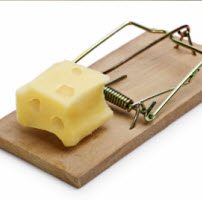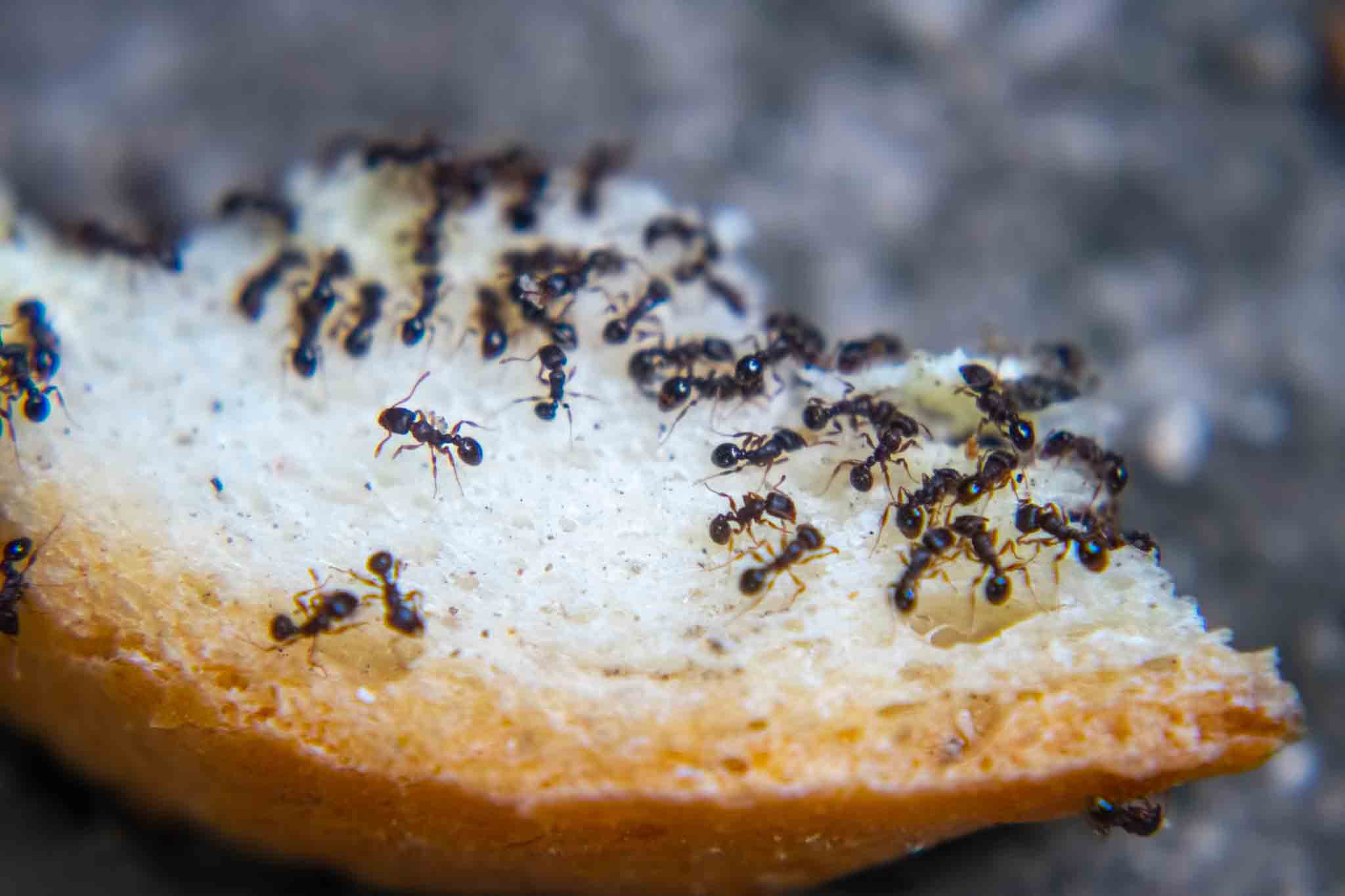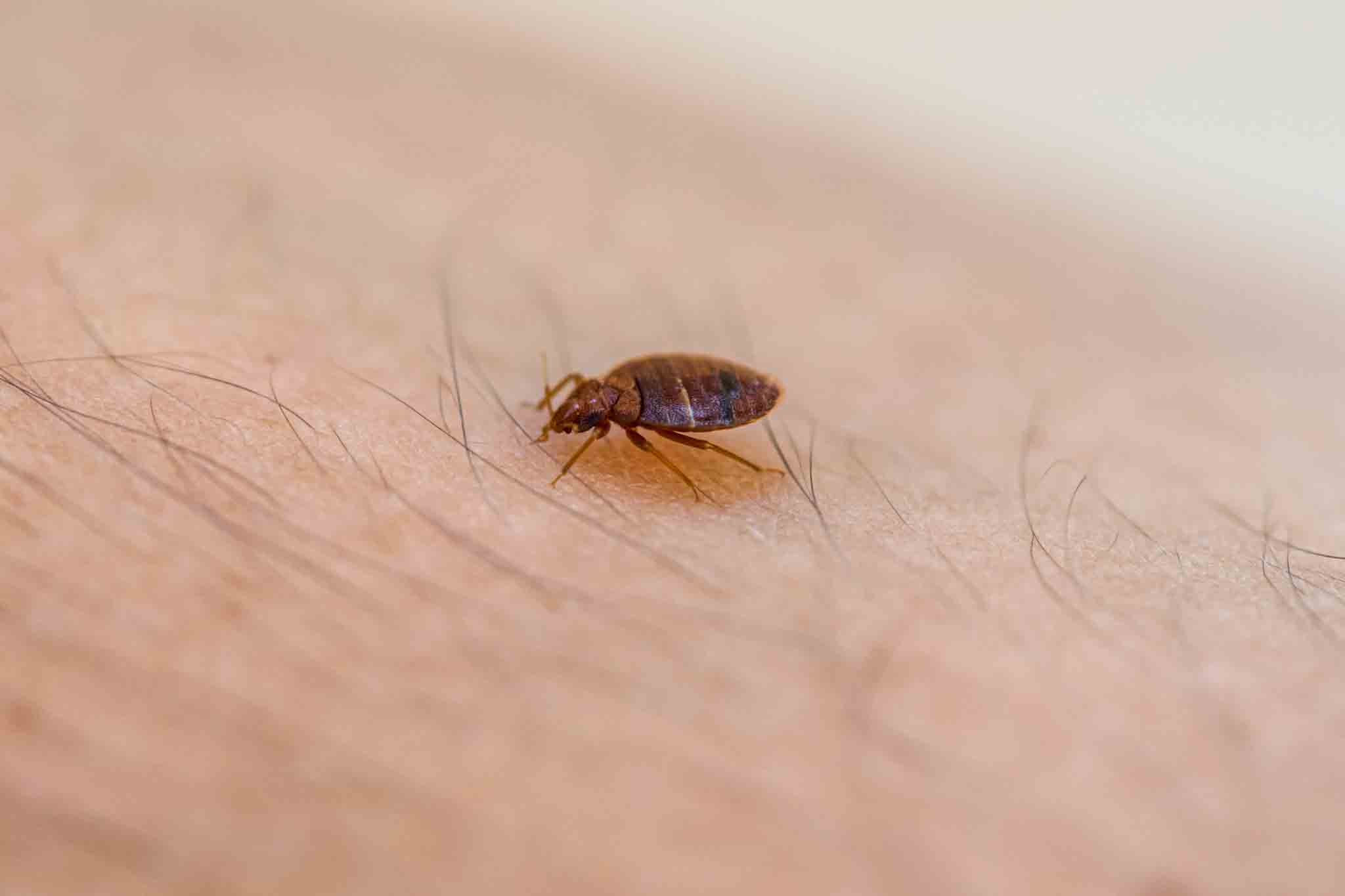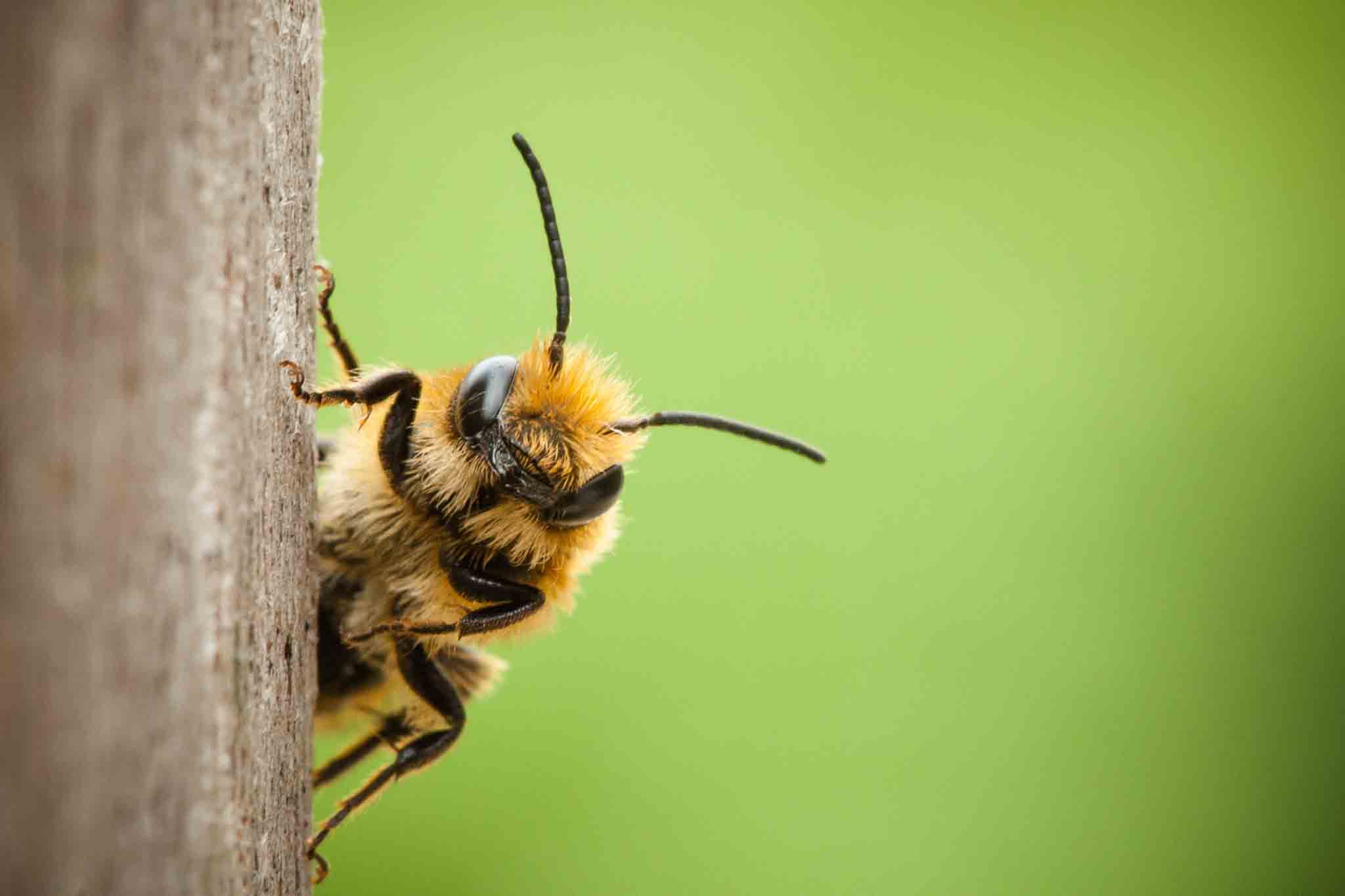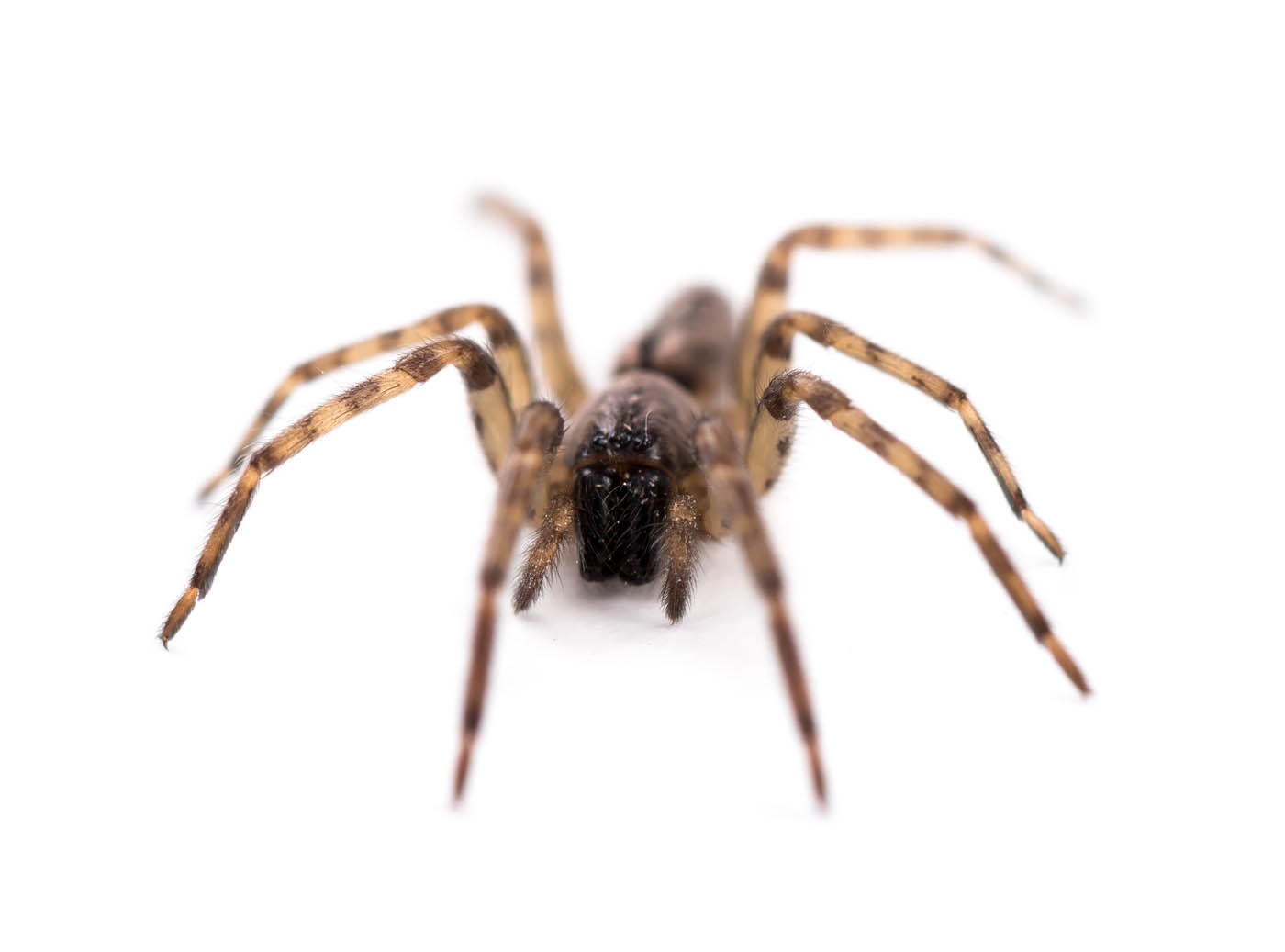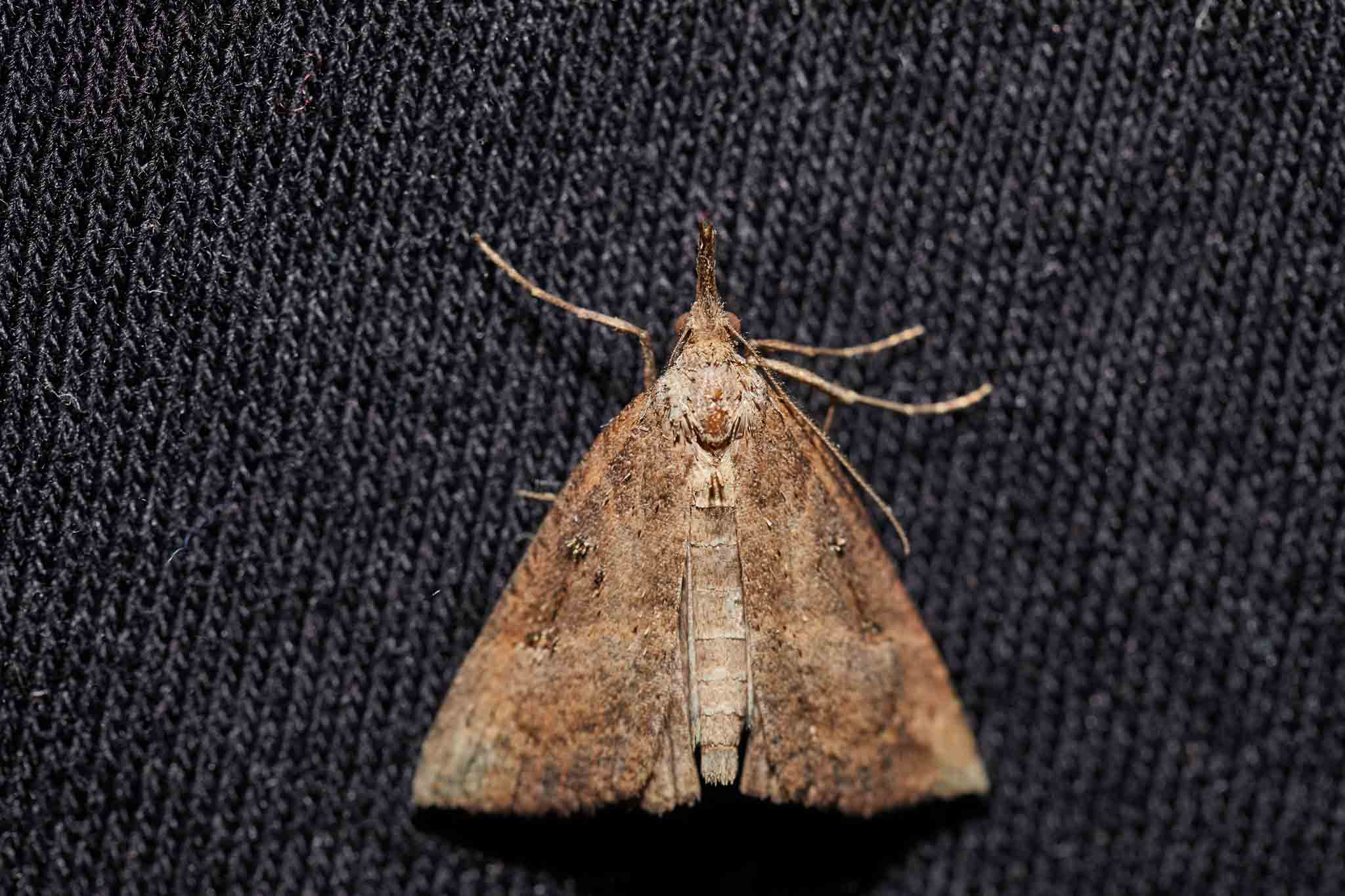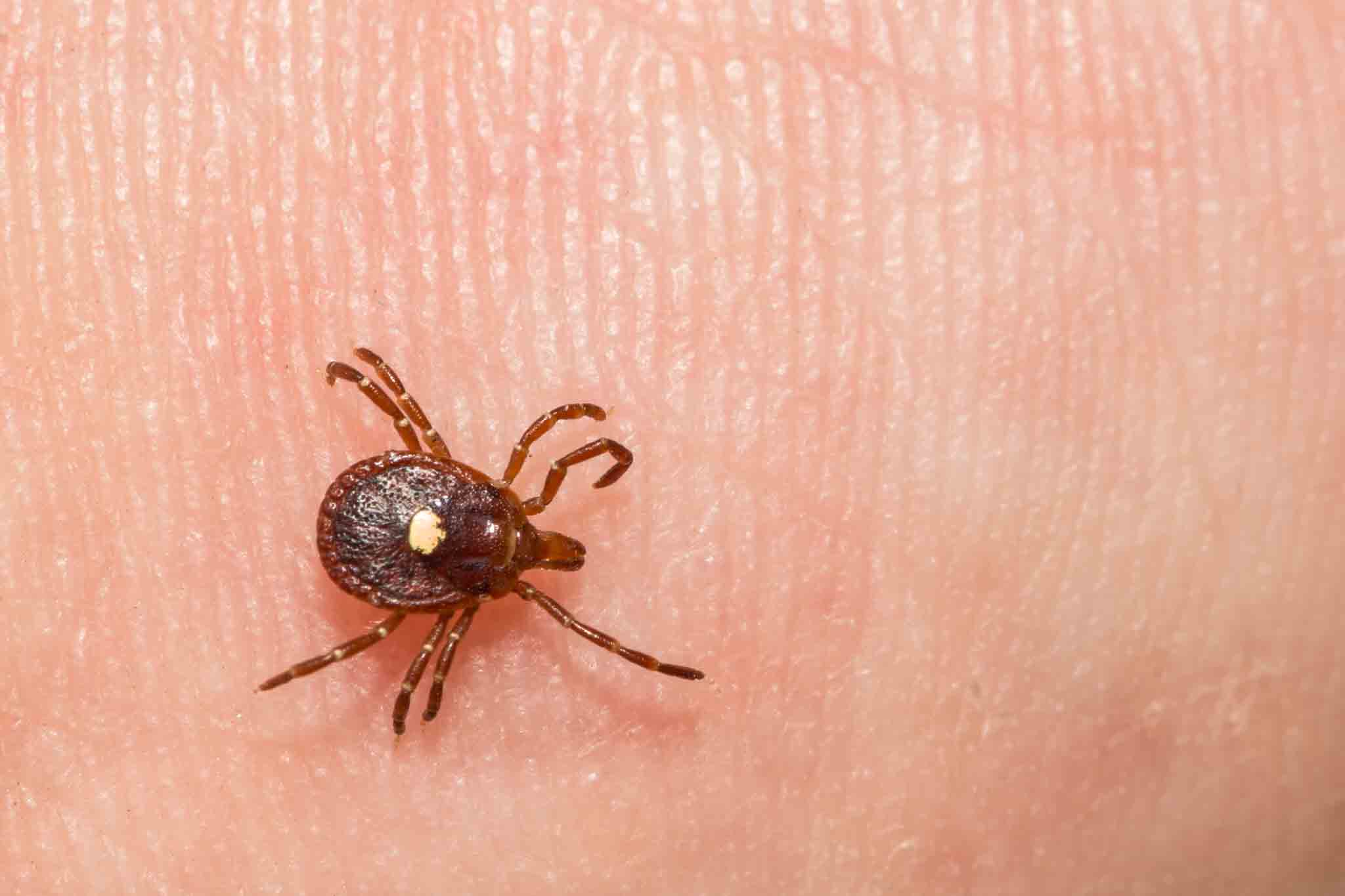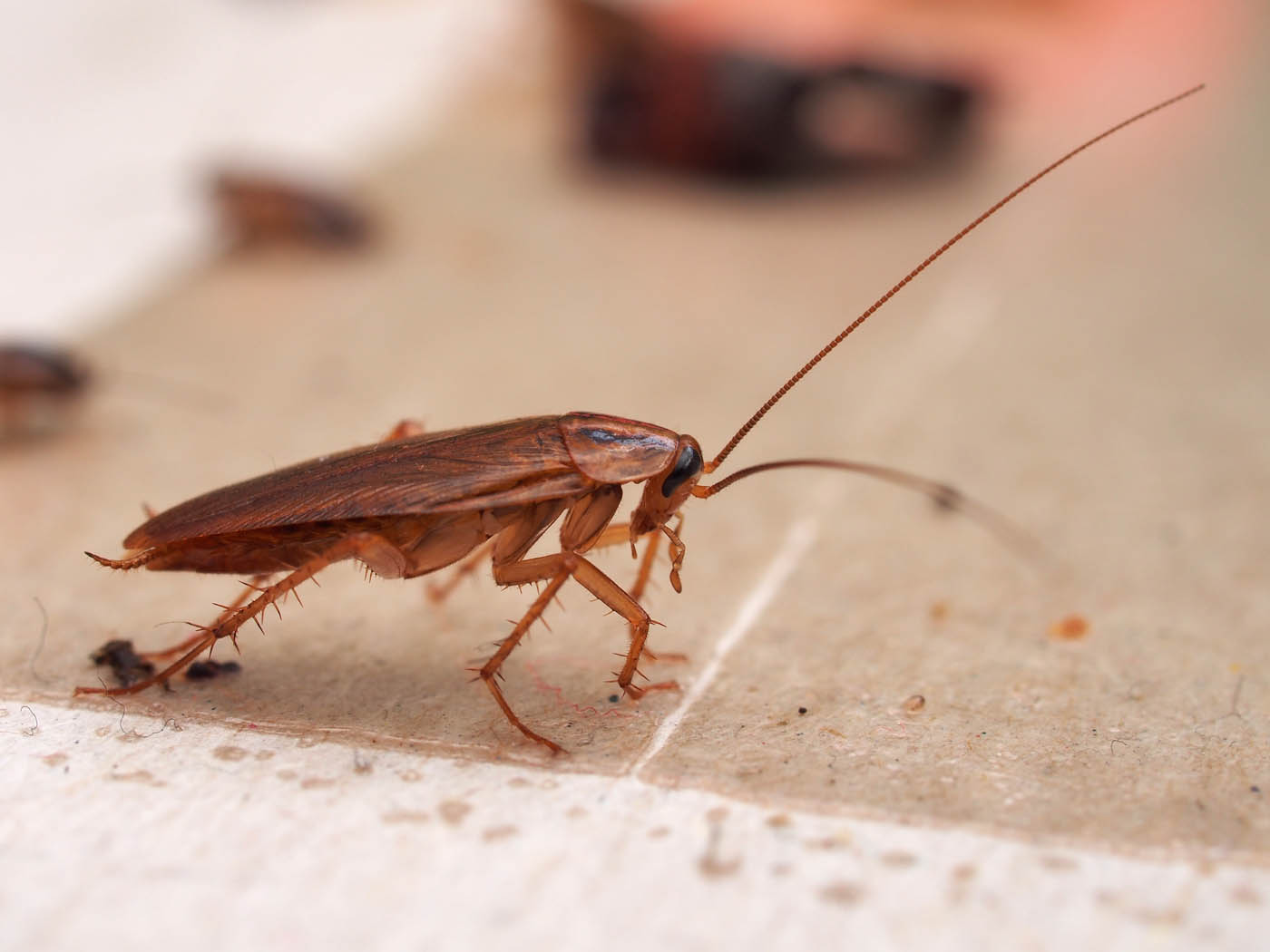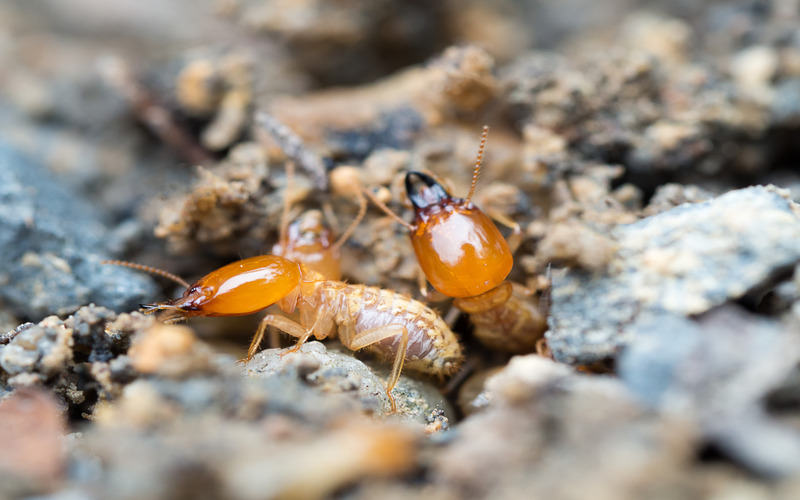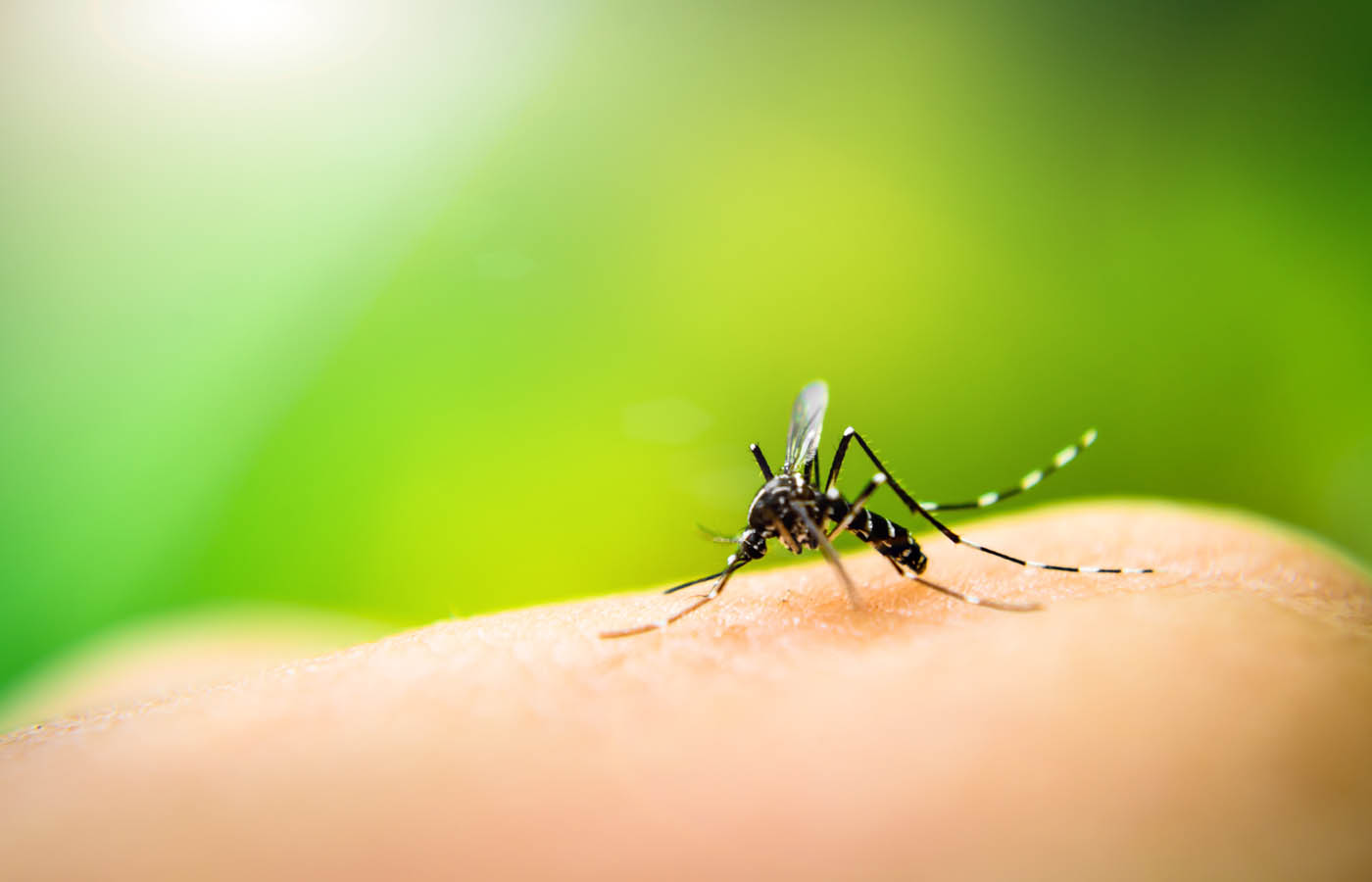Back To Blog
Mice Infestation in the House Jan. 4th 2013
4 Ways to Avoid Invasive Mice Coming Into Your Home It can be difficult to figure out what kind of critter you're having a problem with unless you can physically catch sight of them you might believe that a sign for one pest is actually indicative of another.
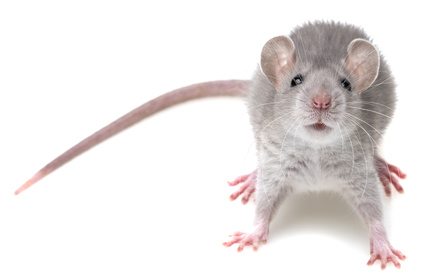
4 Ways to Avoid Invasive Mice Coming Into Your Home
It can be difficult to figure out what kind of critter you're having a problem with unless you can physically catch sight of them you might believe that a sign for one pest is actually indicative of another.
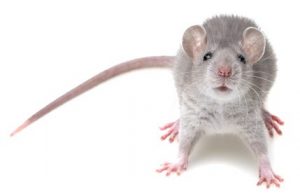 It's happened again. You're sitting in your living room enjoying a movie with your family. Or perhaps you're at the dinner table chowing down on your favorite meal. Above you, there's a scratching noise.
You stop whatever you're doing and listen closely, and the noise becomes almost deafening now that you're focused on it. That's right ... you have mice in your ceiling. Not only do these rodents often contaminate your food and sometimes make a lot of noise, but they also carry a variety of diseases and can chew through wiring to create a fire hazard.
When you need a mice exterminator, call your local pest control company for help.
It's happened again. You're sitting in your living room enjoying a movie with your family. Or perhaps you're at the dinner table chowing down on your favorite meal. Above you, there's a scratching noise.
You stop whatever you're doing and listen closely, and the noise becomes almost deafening now that you're focused on it. That's right ... you have mice in your ceiling. Not only do these rodents often contaminate your food and sometimes make a lot of noise, but they also carry a variety of diseases and can chew through wiring to create a fire hazard.
When you need a mice exterminator, call your local pest control company for help.
Tell-tale Signs of Mice Infestation
Is it a mole or a mice infestation? Moles and mice sometimes cause this type of confusion. Although there is a size differential, the fact that they are both small critters that stay out of sight to avoid detection confuse some homeowners. So what do you look for? To clue you in on what type of pest is invading your home, let's take a look at 3 mice infestation signs:Sign #1: You find unexplained holes in your food containers
 As you may already know, mice love to chew. Their sizable incisors can enable them to chew through a huge variety of materials. Very often, the first mice infestation signs occur when you notice holes in your food containers.
Once they get into your cupboards or pantry (often by chewing through the wood), mice will eat their way through cardboard boxes and bags of food in order to eat. The worst part about this is that this will contaminate your food.
Of course, chewing through food containers isn't the only fear. Mice have been known to gnaw through electrical wiring as well, which can cause a fire hazard in your home.
As you may already know, mice love to chew. Their sizable incisors can enable them to chew through a huge variety of materials. Very often, the first mice infestation signs occur when you notice holes in your food containers.
Once they get into your cupboards or pantry (often by chewing through the wood), mice will eat their way through cardboard boxes and bags of food in order to eat. The worst part about this is that this will contaminate your food.
Of course, chewing through food containers isn't the only fear. Mice have been known to gnaw through electrical wiring as well, which can cause a fire hazard in your home.
Sign #2: You hear scratching noises in your walls
Mice are not the quietest of creatures. Very often, they take up residence -- or at least partial residence -- in your home's walls. They sleep there, defecate there, and basically treat your walls as a safe haven, foraging for food during the day and returning to the walls at night. If you listen closely, it isn't difficult to hear scratching sounds in various areas of your house as the mice move from one location to the next. Mice are nocturnal animals, so if you're trying to listen to them, it's best to do so at night.Sign #3: You discover small droppings in various places
These annoying pests have no self-control when it comes to urination and defecation. When they have to go, they go. Doesn't matter where they are or what they're doing. This is a big reason why these little rodents often contaminate food. But the danger is not simply about being grossed out. Mice droppings can spread diseases, such as the Hantavirus. If you find a large collection of droppings, don't simply sweep them up. Instead, make sure that you have proper ventilation, and wear a mask that will protect you from inadvertently breathing in harmful materials.Sign #4: You find tracks
Rodents skitter from one place to the next and they don't make a habit of covering their tracks. Another sign to be on the lookout are tracks left in dusty areas within your home. If you do find any rodent tracks, you should be able to identify exactly what kind of rodent has made its way into your house based on the size of its tracks.Solutions to Rodent Problem in Your House
To avoid mice infestations, we suggest these three simple strategies:#1: Seal your home's crack and gaps
Mice infestations are possible because the little rodents can get inside your home. Unless you're leaving your doors open all the time, most mice will enter your house through gaps and cracks leading inside. To stop them from coming in, it is important you seal your house from rodents. You typically don't have to worry about the smallest of gaps, since mice won't be able to fit through them. For medium-size and larger holes, however, you'll want to seal them with either expandable spray foam or weather stripping.
Why Mice and Rats Infestation Makes Sealing Holes Difficult
A number of pests can be stopped by sealing up or at least blocking, the holes that are being used to get inside your home. In this respect, mice present a very annoying problem, because they can sometimes chew through normal remedies that you might employ. If you simply set a block of wood against a large gap, for example, the mice might just eat right through it.- Common Places for Entrance
- Concentrate on the holes best suited for mice
- Seal Holes with Steel Wool
#2: Take out your trash
 Like other pests, mice are attracted to your garbage. They are looking for sustenance, and when they catch wind of the discarded food in your trash, they will do whatever they can to find their way into your home so they can partake in your discarded treasures.
If you want to prevent this, the best way to stop mice from being attracted to your trash is to get rid of it. This means that you must take out your trash on a regular basis.
For garbage with a strong odor, you might even want to consider placing these items in a plastic bag of some kind to guard against mice smelling the trash you've thrown away.
This can sometimes be difficult, so it is advisable that you at least be sure to take out your trash as soon as it's full so that it's no longer in your house.
Like other pests, mice are attracted to your garbage. They are looking for sustenance, and when they catch wind of the discarded food in your trash, they will do whatever they can to find their way into your home so they can partake in your discarded treasures.
If you want to prevent this, the best way to stop mice from being attracted to your trash is to get rid of it. This means that you must take out your trash on a regular basis.
For garbage with a strong odor, you might even want to consider placing these items in a plastic bag of some kind to guard against mice smelling the trash you've thrown away.
This can sometimes be difficult, so it is advisable that you at least be sure to take out your trash as soon as it's full so that it's no longer in your house.
